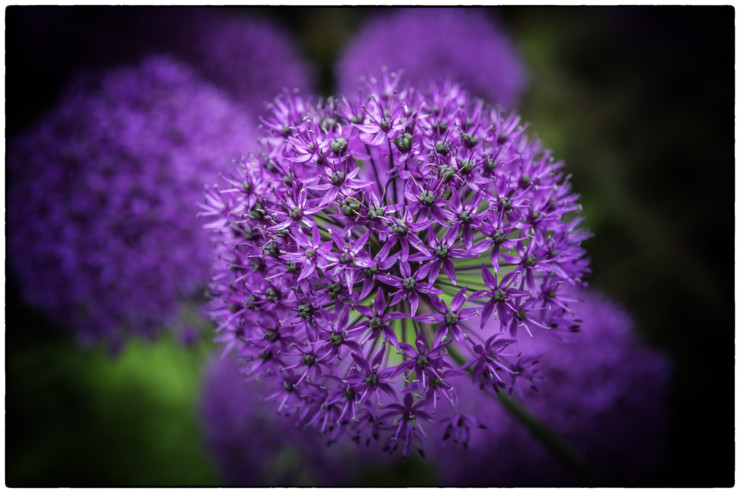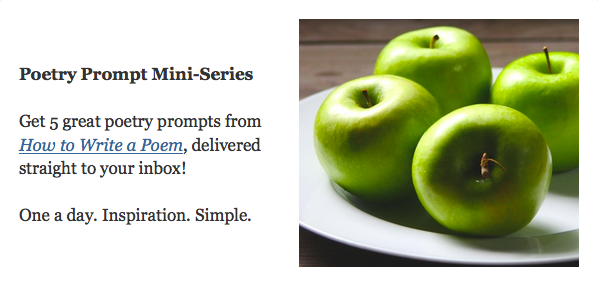For years now, I’ve been working hard to become a better writer. I’ve experimented in new genres, I’ve joined critique groups, I’ve attended conferences, and I’ve taken workshops. Along the way, I’ve grown my body of work — and hopefully improved my craft — through these important efforts. But the thing that has most helped my writing over the years is a habit I began long before I ever called myself a writer. When I first sounded out words as a four-year-old, lost myself in chapter books as a ten-year-old, and spent my own allowance money on books as a 14-year-old, reading was preparing me for a life of writing.
Stephen King has famously said, “If you don’t have time to read, you don’t have the time (or the tools) to write. Simple as that.” As a writer — and reader — I tend to agree. But what exactly is it about reading that encourages us, informs us, and actually makes us into writers? And beyond that, how can we actually grow and develop as better writers through our reading choices?
Here are three ways reading can spur you on to be a better writer, plus a few tips for how to make the most of them.
1. Reading can provide a writer with inspiration
Once, my friend Ann Kroeker and I attended a reading by author Scott Russell Sanders. I sat on the edge of my seat, mouth agape, immersed in the scene and people he was describing. As he finished the passage, I peeked over to see Ann jotting down in her journal: “I want to write like that.” So did I.
When we read poetry and prose written by masters, something inside of us breaks free. We are moved to action and sometimes to tears or laughter. Great writing doesn’t merely give us something to think about; it’s something we experience.
This was how I felt when reading the novel Ordinary Grace by William Kent Krueger this past fall. Watching the narrator grapple with life and death, family and identity, gripped me, pulling me into the story and then releasing me to write like that myself. Not that I had ever written a novel before, but the experience of reading Kreuger’s made me want to try. In fact, it inspired me to participate in National Novel Writing Month (NaNoWriMo), and over the course of 30 days, I wrote a 50, 000-word draft of my first novel.
It’s like Madeleine L’Engle writes in A Circle of Quiet, describing how she regularly passed through New York City’s Metropolitan Museum of Art as a child. When she came into the presence of great art, it didn’t intimidate her. Rather, it inspired her. “A great painting, or symphony, or play, doesn’t diminish us, but enlarges us, and we, too, want to make our own cry of affirmation to the power of creation behind the universe, ” she writes.
Unfortunately, too much of what I read doesn’t provide the same experience. I finish and quickly forget. Or I shrug and think, “Meh.” If the same is true for you, then becoming a better writer probably means reading better material. Don’t limit your reading to social media status updates or online content in general. Not that some of those articles and posts won’t move you, but don’t stop there. Read the classics, explore prize-winning works, get recommendations from other writers, and reread books that moved you in the past. Also determine to read widely: across genres and generations and geographies. You never know where your inspiration may come from.
Want to be a better writer? Give the reader in you some room to be moved.
2. Reading gives you writing techniques to imitate
Once you come off the high of inspiration, then it’s time to go back to those books to understand how and why they work. Sure, the words feel like magic, especially the way they get under your skin and haunt you for days. But every great literary work is built using materials and tools available to you: things like voice, structure, and technique.
For my NaNoWriMo experience, for instance, I could have embarked on my first novel-writing attempt by taking a class, buying a plot template, or investing in a story-writing app. Instead, I drew from my experience reading great novels, particularly Ordinary Grace which I had just finished. I noticed how Krueger paced the story, and how he used dialogue to not only develop characters but also advance the plot. I thought about other novels I’d read that used multiple points of view, and tried my hand at alternating from first to third person from chapter to chapter.
Even the great writers studied the works of those before them as they developed their own style and voice. “Hemingway studied, as models, the novels of Knut Hamsun and Ivan Turgenev. Isaac Bashevis Singer, as it happened, also chose Hamsun and Turgenev as models. Ralph Ellison studied Hemingway and Gertrude Stein. Thoreau loved Homer; Eudora Welty loved Chekhov. Faulkner described his debt to Sherwood Anderson and Joyce; E.M. Forster, his debt to Jane Austen and Proust, ” writes Annie Dillard in The Writing Life.
Reading leads to writing through the techniques, words, and structure we observe and imitate. Start with the great books, essays, plays, or poems that are most like the ones you want to write. Then, like a biologist deftly wielding the scalpel to a frog, dissect the cells, sinews, and skeleton of the work. What stands out as exemplary, especially in those sections where you were so drawn in? These are now part of the materials you can use as you build your own best writing.
But don’t stop with mere imitation. Sure, it’s the purest form of flattery, but it’s not the goal of our writing. By drawing on great works we’ve read, we don’t seek to be merely derivative. Instead, we begin with what works for the great authors, and then we develop our own voice and style.
3. Reading will give you something to write about
Finally, and maybe this is the most obvious, reading gives us something to write about. Beyond inspiration and imitation, use reading to gather information for whatever you are writing.
Even as my fingers flew over the keyboard in November, trying to produce 50, 000 words from thin air before turning the next page on the calendar, I was constantly reading, researching, and trying to understand places and times that I had never experienced. I didn’t live through World War II. I have never been a student at Purdue University. I have never visited Guangzhou, China (other than the airport). But all of these places and events ended up in my novel because I read about them and learned enough to include them in my story.
In other words, reading is the wonderful antidote to the sometimes-limiting advice of “write what you know.” In his New York Times piece Should We Write What We Know? writer Ben Yagoda calls it the “escape clause.” Through reading, we can know more things, and subsequently, we have more to write about. Read widely to help inspire ideas. Read narrowly to help inform ideas. Read hoping to learn. But read also for the enjoyment, and let the learning sneak up on you sometimes.
So, while you are carving out time to work on your writing, don’t forget to make time for reading, too. Or as Stephen King would say, same difference.
Photo by Luc Cartenstadt, Creative Commons license via Flickr. Post by Charity Singleton Craig, co-author of On Being a Writer: 12 Simple Habits for a Writing Life that Lasts.
- Grammar for a Full Life Book Club: On Becoming Less Possessive - June 16, 2021
- Grammar for a Full Life Book Club: Chilling Out on the Grammar Rules - June 9, 2021
- Grammar for a Full Life Book Club: A Passive Voice - June 2, 2021


Katie says
This is SO helpful – many thanks for all the links. What an abundance of inspiration and knowledge!
Charity Singleton Craig says
Thanks, Katie. I’m glad you found it helpful.